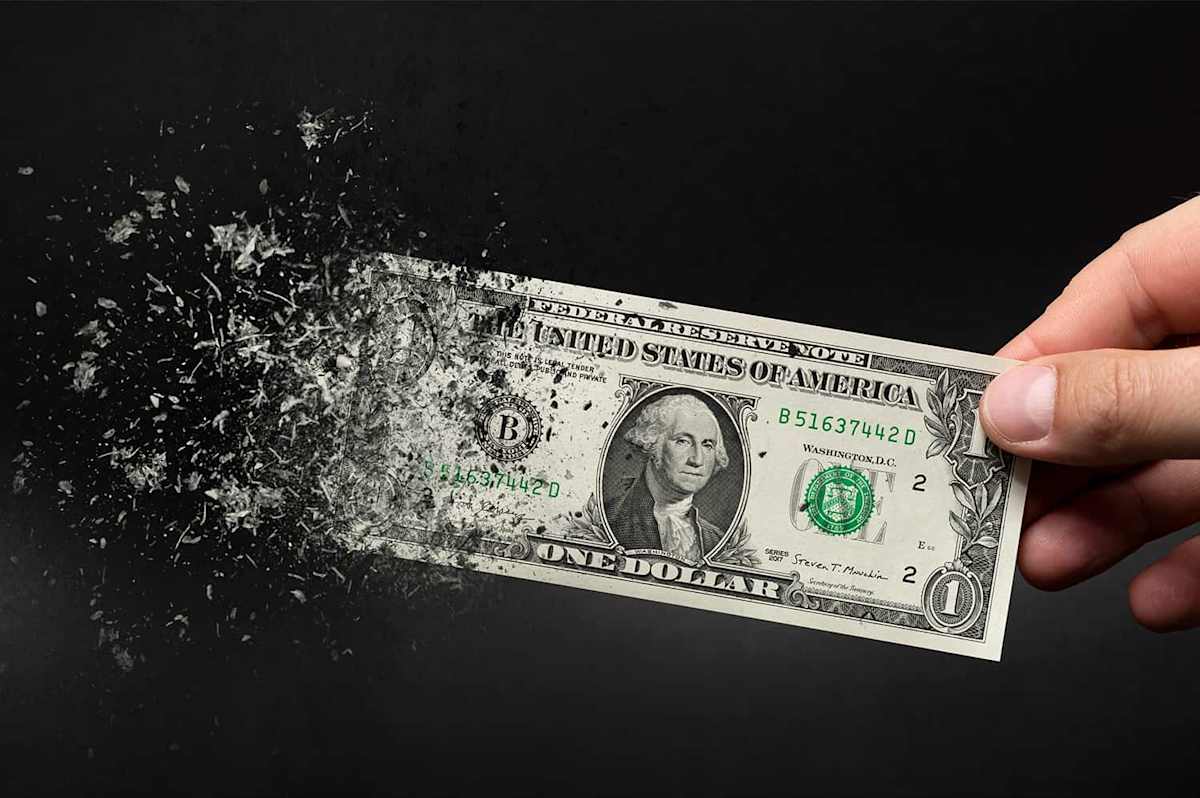Have you ever stared at a medical bill and had to choose? A choice between the medication that keeps your body working correctly and the rent that keeps a roof over your head. Between the physical therapy that might let you walk without pain and the electricity bill.
This isn’t a hypothetical for some. This is the silent, grinding reality for millions of us living with chronic illness. It's a full-time job with no pay, terrible hours, and a benefits package that includes anxiety, despair, and a fuck-ton of paperwork. They don't tell you that when a body betrays you, the first casualty is your bank account. The second is your soul.
This isn’t a sob story. This is a battle plan. It’s time we talk about the real cost of being sick in a world that sees your pain as a pre-existing condition on a balance sheet.
Death by a Thousand Paper Cuts: The Unseen Labor
The financial burden of chronic illness isn't just about the big, scary numbers on hospital bills. It’s a death by a thousand paper cuts, a slow bleed of resources, energy, and hope. It’s no wonder that in a 2024 study, nearly one in four American adults reported carrying medical debt.
- The Diet of the Damned: When you’re living with a condition like POTS, you're told to eat lean proteins and fresh vegetables. But when you’re broke and brain-fogged, you survive on instant ramen, fully aware that the carb bomb you're consuming is making your symptoms worse. It's a perfect feedback loop: poverty makes you sicker, and your sickness makes you poorer.
- The Pharmacy Hostage Situation: You find yourself rationing pills, cutting them in half, and praying they’ll last until your next paycheck. You become one of the millions of insured Americans who still spend upwards of 10% of their household income on out-of-pocket medical costs because your life-saving medication is deemed a "lifestyle medication" by an insurance company that has never had to choose between breathing and bankruptcy.
- The Accessibility Tax: You pay for the privilege of existing. The service dog that allows you to leave your house, the delivery fees because going to the grocery store feels like running a marathon, the pre-cut vegetables because your hands shake too much to hold a knife safely. These aren’t luxuries; they are the scaffolding you build to keep your life from collapsing.
The System Is the Sickness: Gaslighting as a Business Model
Here’s the part they don't want you to talk about: the system is designed to make you feel like you are the failure. And if you think I'm being dramatic, consider that medical issues are a factor in over 60% of all personal bankruptcies in this country. Our system isn't just failing to help; it's actively pushing people into ruin.
When you're fired via text for "excessive absences" from a body you can't control, they call it a performance issue—a reality for the 45% of chronically ill individuals who can't work because of their health. When you apply for unemployment, they tell you that your freelance hustle—the only work you could manage around your illness—makes you ineligible for the safety net. They trap you on a "benefits cliff," where having one good month of income means you're too rich for help when you're literally about to be evicted.
And the gaslighting? It’s a masterclass. Doctors dismiss your symptoms as "just anxiety.” Your family tells you you’re being dramatic. Your friends accuse you of using your illness for attention. Meanwhile, insurers are busy denying roughly 1 in 5 of all claims, forcing you to fight for care you already paid for. After a while, you start to believe them all. You start to ask yourself the question they want you to ask:
Am I the problem?
Let me be clear: You are not the problem. A healthcare system that profits from your pain is the problem. An employment system that demands unwavering productivity from bodies that cannot provide it is the problem. A society that equates your worth with your ability to work is the problem.
Radical Resilience: Your Scars Are Your Authority
I didn’t write a book on this—literally, my book, Stop Hating Your Life—because I have all the answers. I wrote it from the trenches. As a legally emancipated teenager who has been homeless, navigating the world with a neurodivergent brain and a body that often feels like corrupted code, I learned that the traditional rules for survival were bullshit.
This is the heart of Radical Resilience. It’s the philosophy that your scars are your superpower. My own journey through eight surgeries, multiple chronic illnesses, and a potential heart failure diagnosis isn’t a tragedy. It’s my authority. It’s what fuels every story I write, from the chronically ill lottery winner in The Spaces Between Us who builds a better healthcare system, to the new story I'm outlining right now, about an isolated coder so failed by every system that she decides to literally code a friend to save herself.
This isn’t an overcoming narrative; it’s a because of narrative. We are Wounded Healers, and our intimate understanding of what it feels like to be broken is the very thing that gives us the vision to build something whole.
The financial cost of chronic illness is immense. It can take your savings, your home, your security. But it cannot take your story. It cannot take the wisdom forged in the fire of systemic failure. And it cannot stop you from taking the broken pieces of your life and building a new, more compassionate world—for yourself, and for the found family who understands your battle because it’s their battle, too.
The system is designed to make you feel isolated and powerless. Fuck the system. Your resilience is the rebellion.
